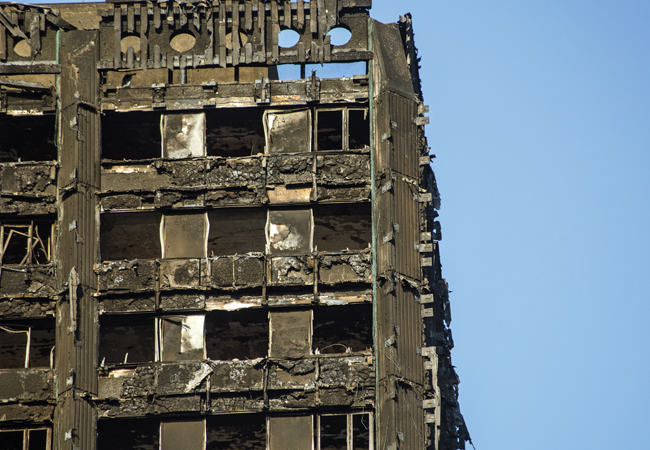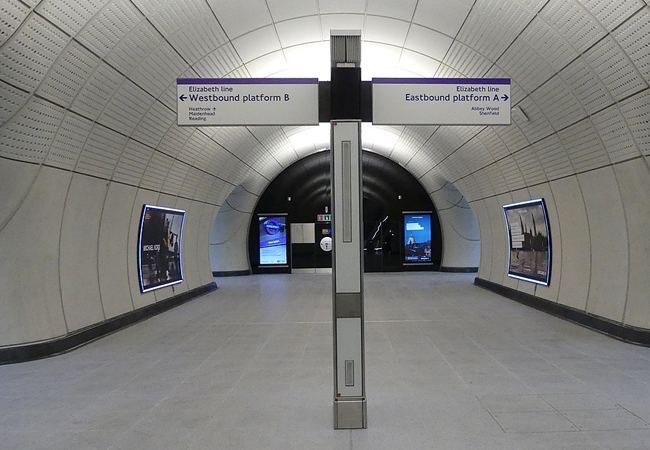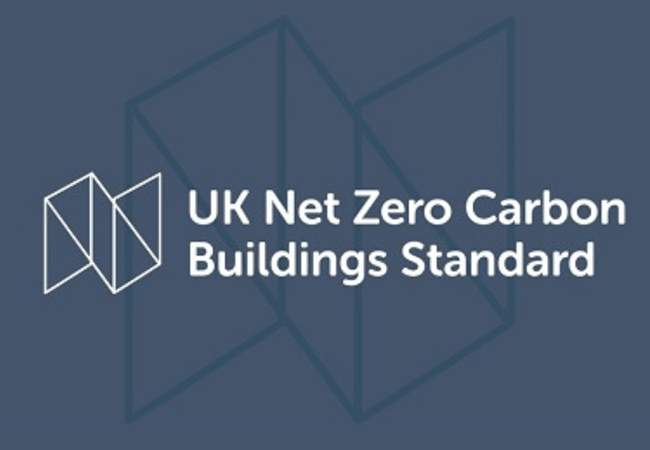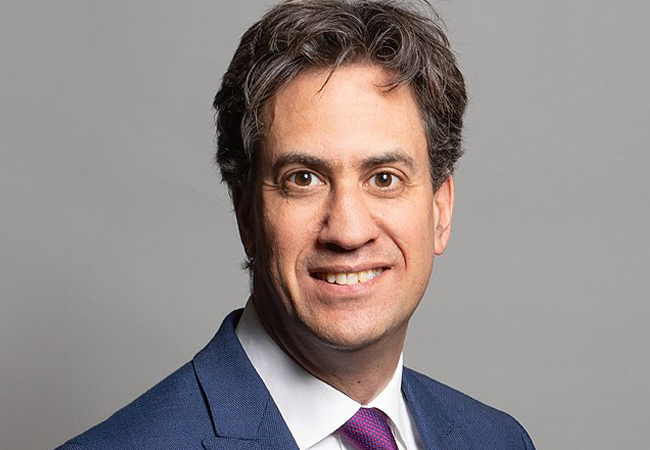
The government is consulting on changing legislation to enforce a combustibles ban for high-rise buildings. It proposes prohibiting the use of material that is not class A1 or A2 in any part of the external walls, at any height, of ‘flats and similar building uses’ over 18m high.
Currently, Building Regulations allow the external surfaces of high-rise walls to be ‘Class 0’ materials and insulation to be ‘limited combustibility’.
‘Dame Judith Hackitt’s review has identified serious systemic failings with the construction industry and the regulatory system, and has proposed a radical approach to address them,’ the consultation document said.
‘Reform of the scale envisaged by Dame Judith will take time and the government considers that, in addition to longer-term reform, there is a case for immediate action in relation to external fire spread. Dame Judith also indicates that when choosing between products that are non-combustible or of limited combustibility and products undergoing full-scale system tests, the lower-risk option is to use products that are non-combustible or of limited combustibility.’
The government proposes making the change by amending the Building Regulations 2010, rather than through guidance. Failure to comply with the ban would result in prosecution and unlimited fines.
The document said the ban would add between £25,000 and £75,000 to the cost of renovating a 15-storey building, and a total cost of £7.5m across the country.
To respond to the consultation, which closes on 14 August, visit bit.ly/CJJul18cladding




